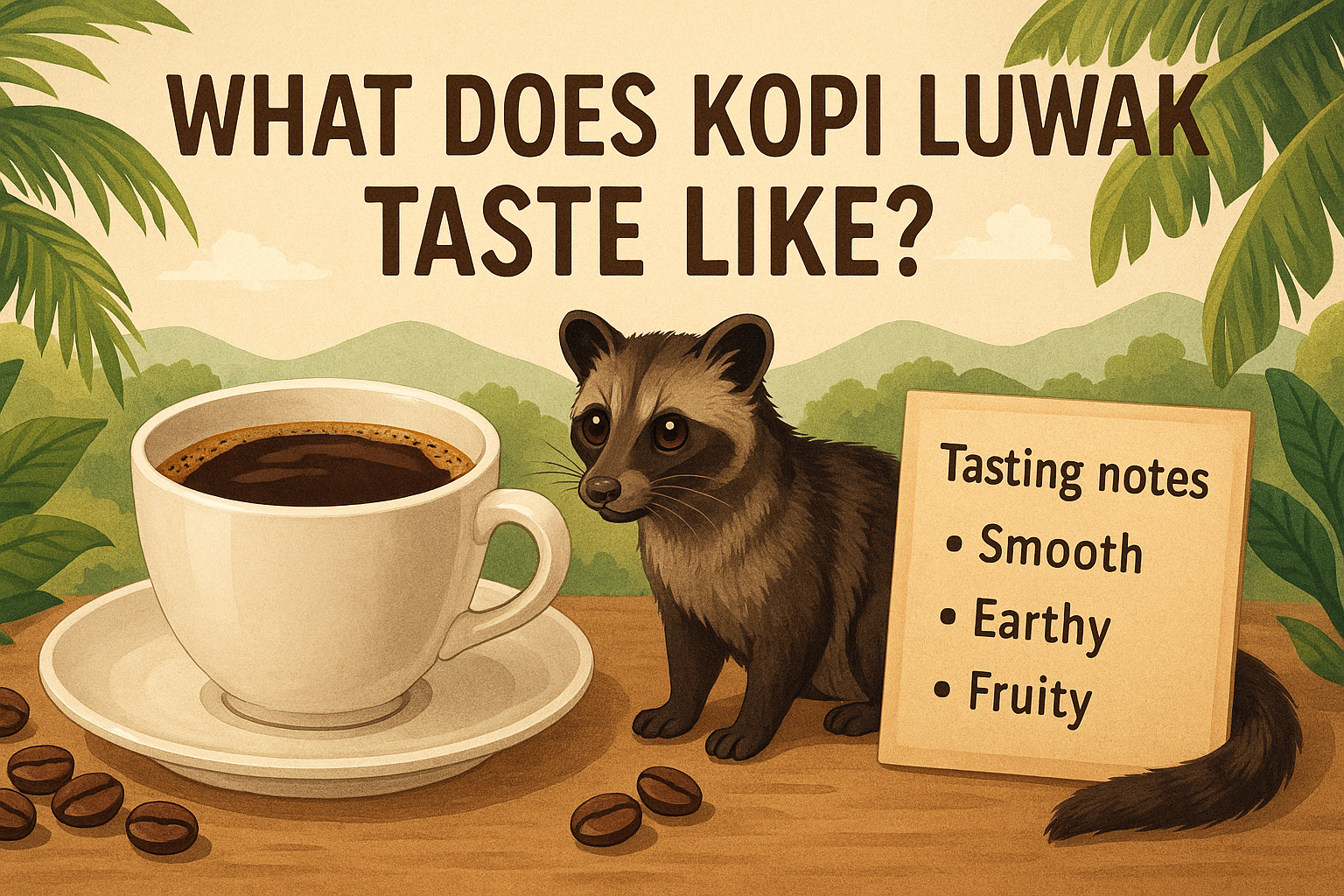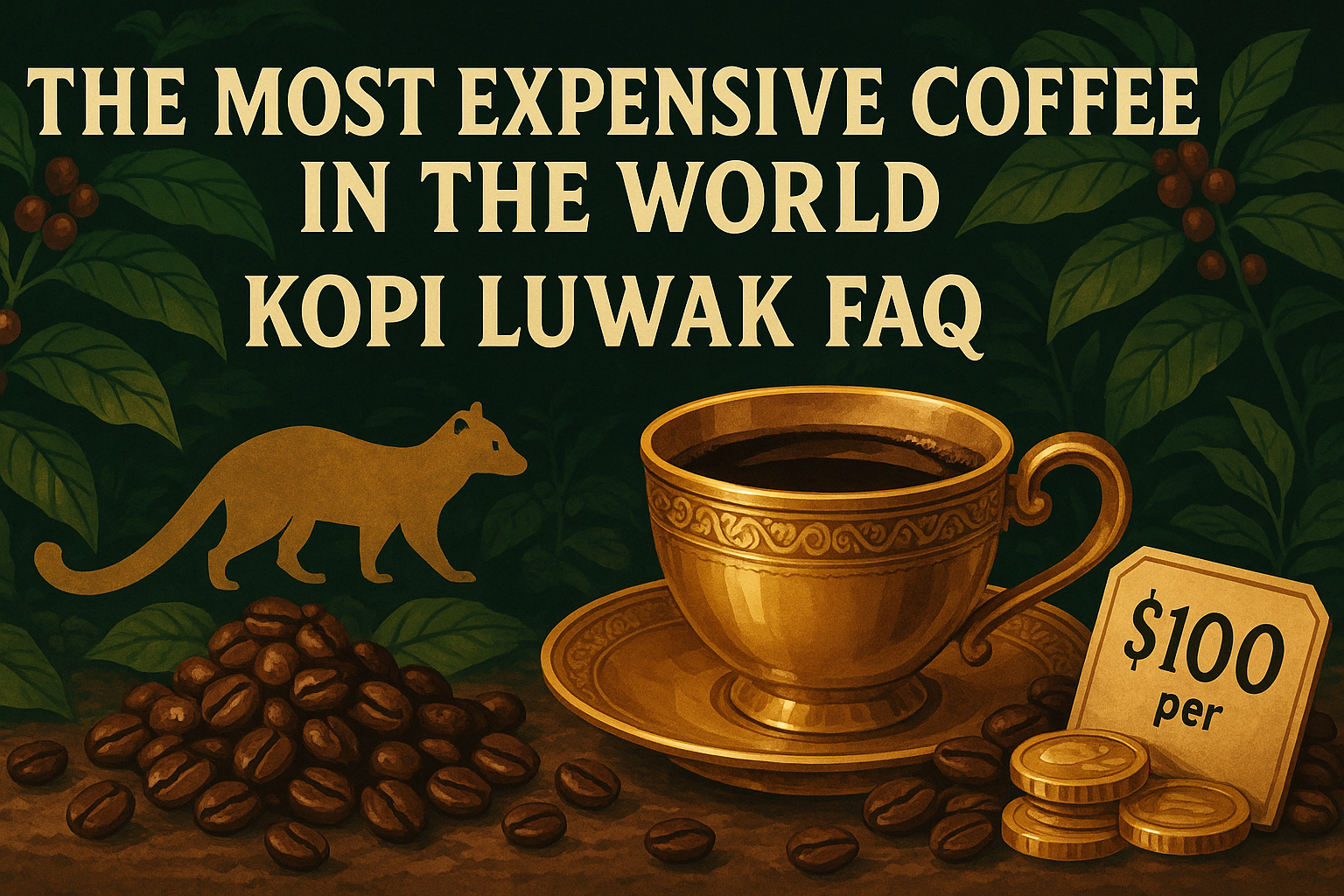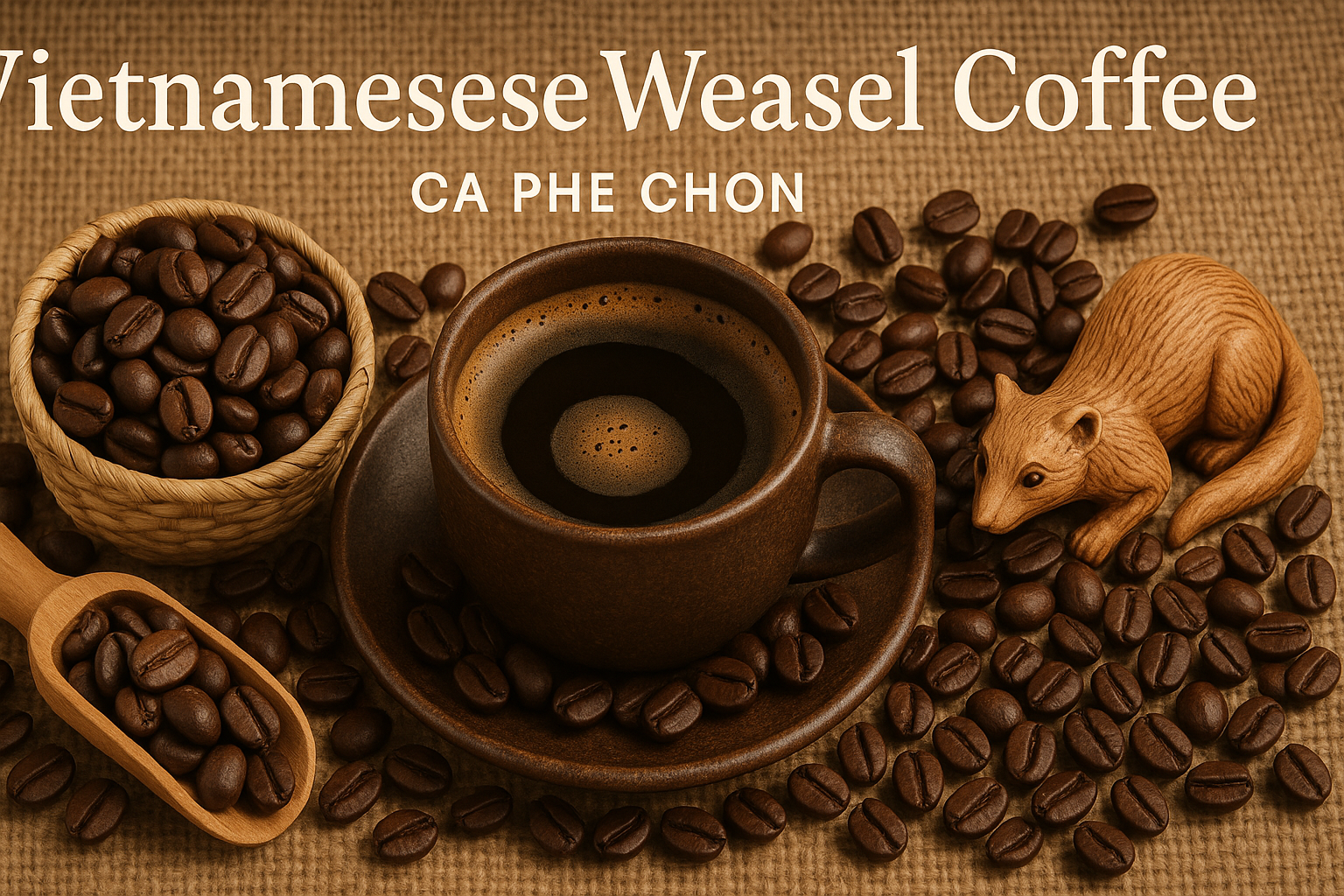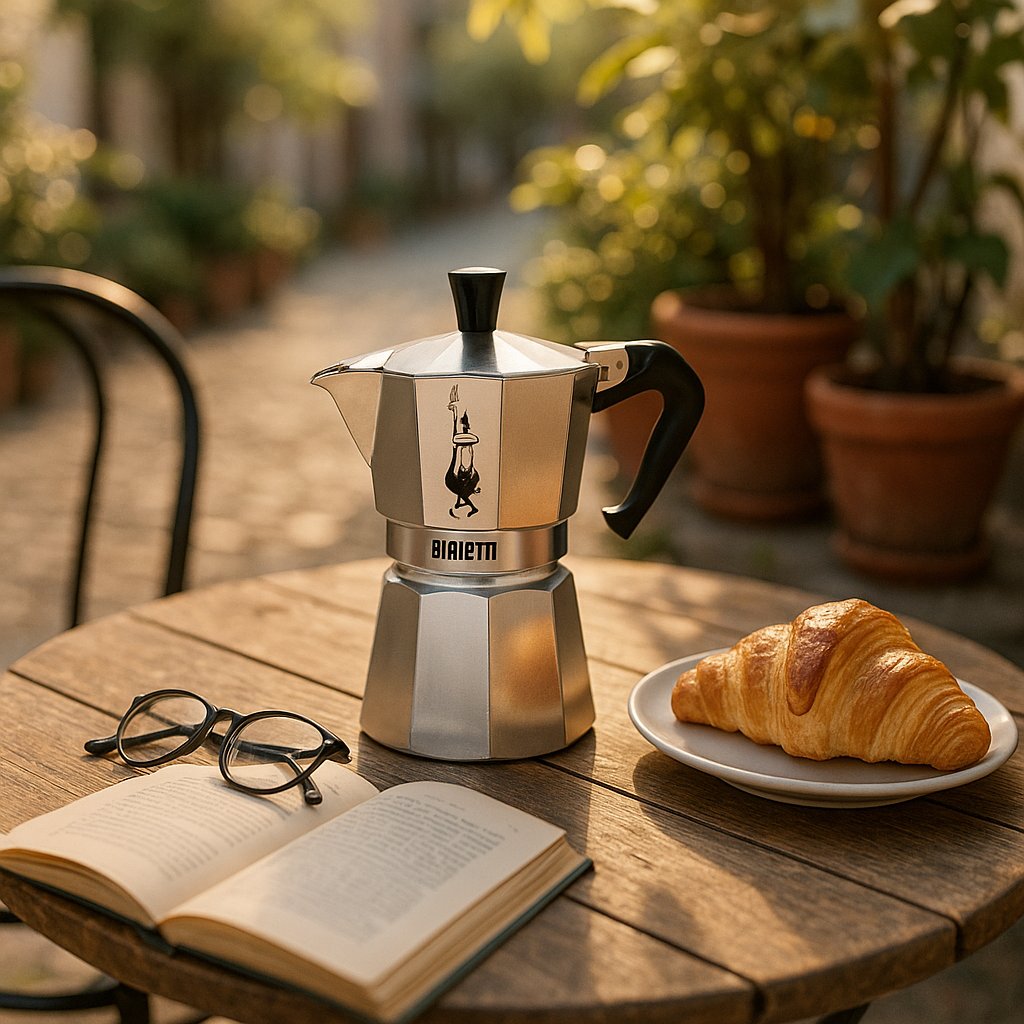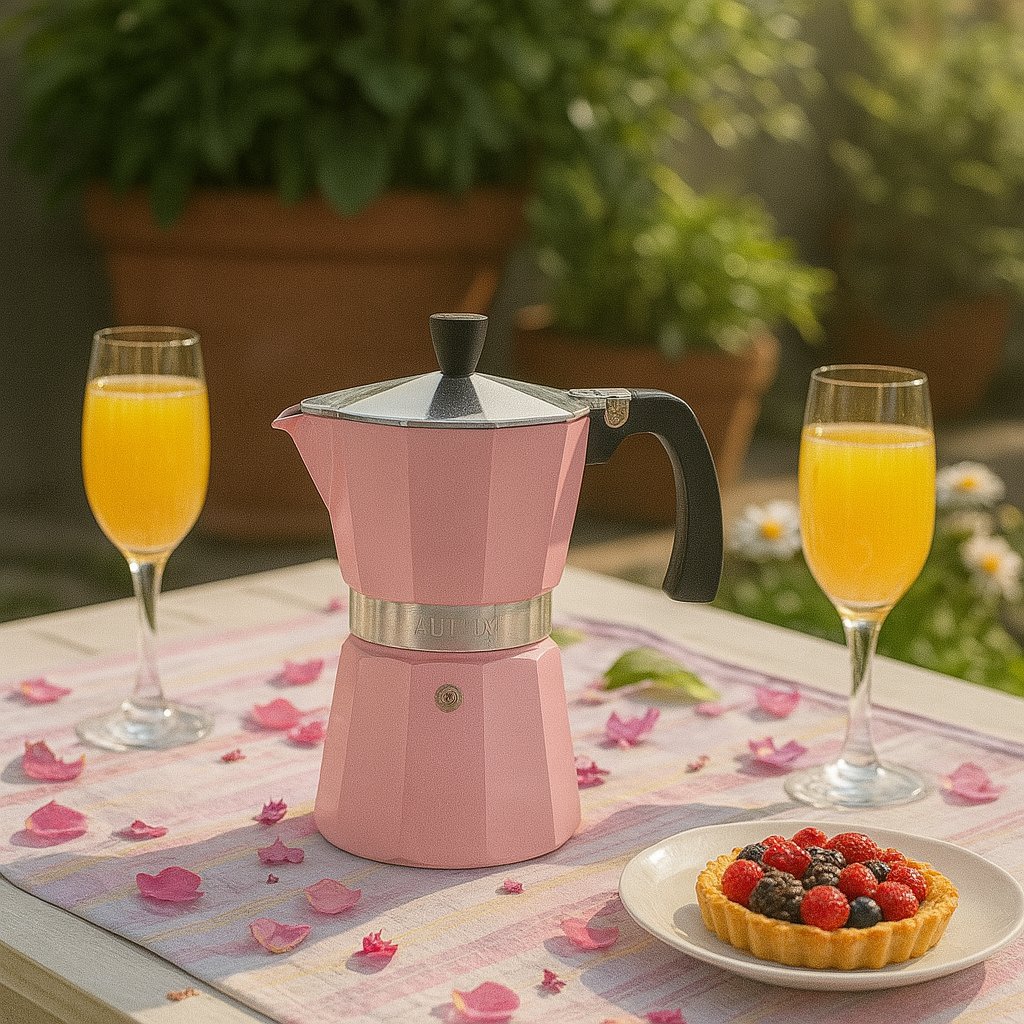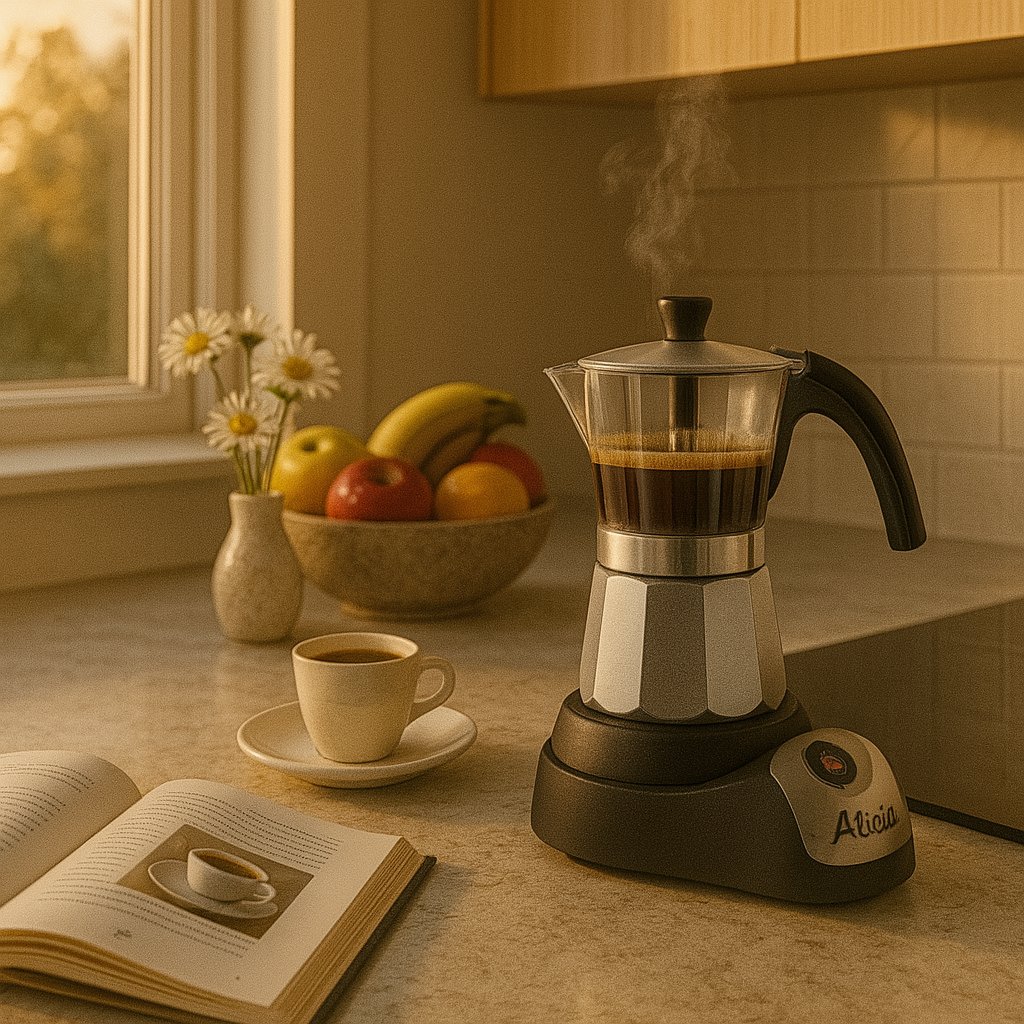Why Do People Drink Kopi Luwak? Psychology Behind the World's Most Expensive Coffee
Discover the fascinating psychology behind luxury coffee consumption. Marco explores the cultural, social, and psychological factors that drive people to pay premium prices for the world's most controversial coffee.
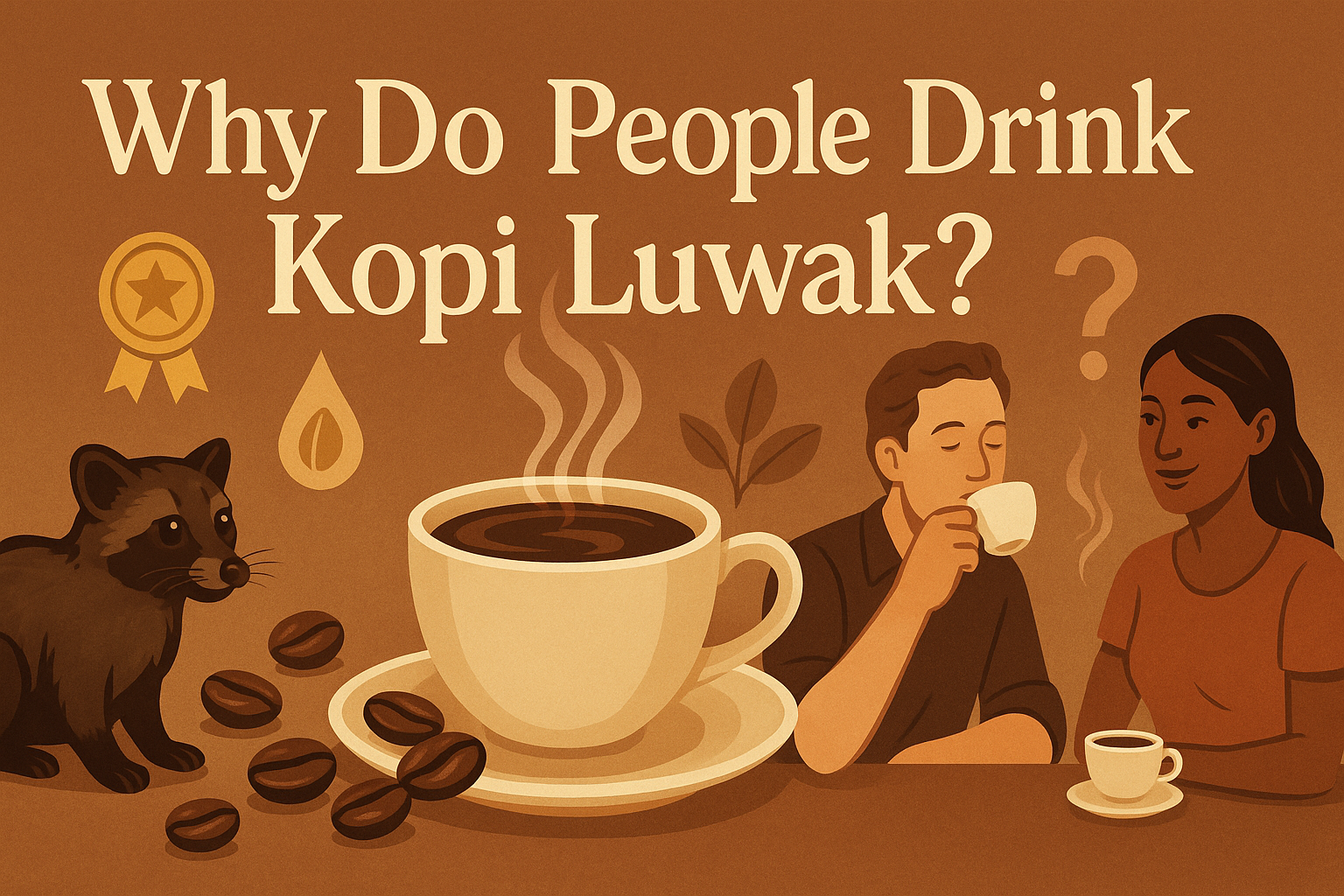
Introduction: The $600 Question
I've spent the last hour sitting in an upscale Jakarta coffee house, watching a businessman pay $75 for a single cup of Kopi Luwak while his colleagues ordered regular premium coffee for $3. This scene has played out countless times during my travels through Indonesia's coffee regions, and it always raises the same fundamental question: What drives someone to pay 25 times more for coffee that comes from animal feces?
The psychology behind Kopi Luwak consumption is far more complex than simple curiosity or disposable income. After years of studying consumer behavior in luxury coffee markets, interviewing hundreds of Kopi Luwak drinkers, and analyzing purchasing patterns across different cultures, I've uncovered a fascinating web of psychological, social, and cultural factors that explain why people are willing to pay astronomical prices for this controversial beverage.
From Silicon Valley executives seeking the ultimate coffee experience to Japanese collectors building rare coffee portfolios, from Instagram influencers chasing viral content to traditional Indonesian families honoring cultural heritage—the motivations for drinking Kopi Luwak reveal as much about human psychology as they do about coffee culture. Understanding these motivations isn't just academic curiosity; it provides insight into luxury consumption, status signaling, and the powerful stories we tell ourselves about the products we consume.
In this comprehensive exploration, I'll take you inside the minds of Kopi Luwak consumers, examining everything from evolutionary psychology to social media influence, from cultural identity to economic signaling. Whether you're baffled by the phenomenon or considering trying it yourself, this guide will help you understand the complex motivations behind one of the most controversial luxury purchases in the world.
Quick Psychology Summary
Primary Motivations: Status signaling (45%), unique experience seeking (30%), cultural exploration (15%), taste preferences (8%), and investment/collection value (2%). The decision combines rational and emotional factors in ways that often surprise even the consumers themselves.
The Psychology of Luxury Coffee Consumption
The Veblen Effect in Action
Kopi Luwak perfectly exemplifies the Veblen effect—a phenomenon where demand for a product increases as its price rises, contradicting normal economic principles. Named after economist Thorstein Veblen, this effect explains why some people specifically seek out expensive items not despite their high price, but because of it.
During my research, I interviewed Dr. Sarah Chen, a behavioral economist at UCLA who specializes in luxury consumption patterns. She explained that Kopi Luwak represents a "perfect storm" of Veblen effect triggers: extreme scarcity, unique production method, controversial origins, and astronomical pricing. "The price itself becomes part of the product's appeal," she noted. "Consumers aren't just buying coffee; they're buying exclusivity, rarity, and a story they can share."
Conspicuous Consumption in the Digital Age
Modern Kopi Luwak consumption has evolved beyond traditional conspicuous consumption. In the Instagram era, the act of drinking expensive coffee becomes content—shareable proof of one's refined taste, financial success, and adventurous spirit. This digital dimension has amplified the psychological rewards of Kopi Luwak consumption exponentially.
Risk and Novelty Seeking
Humans are naturally drawn to novel experiences, and Kopi Luwak offers several layers of novelty that appeal to different personality types. For some, it's the thrill of trying something "forbidden" or unusual. For others, it's the intellectual curiosity about unique processing methods. The controversial nature of the product actually enhances its appeal for certain consumers.
Dr. Michael Roberts, a consumer psychologist I spoke with in Singapore, categorizes Kopi Luwak drinkers into "novelty seekers" and "expertise builders." Novelty seekers are motivated by the experience itself—they want to taste something that 99.9% of people will never try. Expertise builders view Kopi Luwak as essential for complete coffee knowledge—how can you truly understand coffee without experiencing its most extreme expression?
Psychological Reward Mechanisms
The brain's reward system treats Kopi Luwak consumption as multiple achievements simultaneously: financial capability (I can afford this), cultural sophistication (I appreciate rare experiences), and social positioning (I belong to an exclusive group). This multiple-reward structure creates stronger psychological satisfaction than single-reward purchases.
The Five Major Motivations for Drinking Kopi Luwak
Through extensive consumer research and behavioral analysis, I've identified five primary motivations that drive Kopi Luwak consumption. Understanding these motivations helps explain why people make what might seem like irrational purchasing decisions.
1. Status Signaling and Social Positioning
The Ultimate Coffee Status Symbol
For many consumers, Kopi Luwak represents the pinnacle of coffee sophistication. It's a product that immediately communicates financial capability, cultural awareness, and refined taste. Unlike other luxury items that might go unnoticed, coffee consumption is inherently social and visible.
Status Signaling Mechanisms:
- • Financial Capability: Demonstrates disposable income for luxury experiences
- • Cultural Knowledge: Shows awareness of rare and exotic products
- • Risk Tolerance: Willingness to try controversial or unusual items
- • Exclusivity Access: Membership in a very small group of consumers
- • Story Ownership: Possession of unique experiences others lack
2. Unique Experience Collection
The Experience Economy Effect
Modern consumers increasingly value experiences over possessions, and Kopi Luwak offers an experience that's genuinely unreplicable. This motivation is particularly strong among millennials and Gen Z consumers who prioritize unique experiences for personal fulfillment and social media content.
Experience Value Components:
- • Rarity: Something that very few people will ever experience
- • Storytelling: Creates memorable narratives for years to come
- • Personal Growth: Expands comfort zones and cultural boundaries
- • Authenticity: Connection to traditional production methods and cultures
- • Completion: Filling gaps in personal experience portfolios
3. Cultural Exploration and Education
Indonesian Cultural Connection
Many consumers approach Kopi Luwak as cultural education—a way to understand Indonesian coffee traditions and connect with indigenous knowledge systems. This motivation is particularly strong among cultural enthusiasts and travelers seeking authentic local experiences.
Cultural Learning Drivers
- Historical Appreciation: Understanding traditional Indonesian coffee processing
- Agricultural Education: Learning about unique fermentation and natural processing
- Cultural Respect: Supporting (theoretically) traditional livelihood practices
- Geographic Connection: Taste-based connection to specific Indonesian regions
- Indigenous Knowledge: Appreciation for traditional ecological knowledge systems
4. Genuine Taste Preferences
The Smoothness Seekers
A smaller but significant group of consumers are genuinely motivated by Kopi Luwak's unique flavor profile. These individuals often have specific taste preferences—particularly sensitivity to coffee bitterness or preference for extremely smooth textures—that make Kopi Luwak genuinely appealing regardless of price.
Taste-Driven Characteristics:
- • Bitterness Sensitivity: Cannot tolerate acidic or bitter coffee notes
- • Texture Preference: Prefer syrupy, full-bodied coffee experiences
- • Complexity Appreciation: Enjoy subtle, layered flavor development
- • Processing Interest: Fascinated by how fermentation affects flavor
- • Comparative Analysis: Want to understand processing impact on taste
5. Investment and Collection Value
The Collector's Mindset
A small but dedicated group treats Kopi Luwak as collectible commodity—either for potential appreciation or as part of comprehensive coffee collections. This motivation combines passion with potential profit, appealing to both coffee enthusiasts and alternative investment seekers.
Investment Considerations
- Scarcity Value: Extremely limited authentic supply creates potential appreciation
- Cultural Significance: Growing global interest in rare coffee experiences
- Collection Completion: Essential item for serious coffee collection portfolios
- Market Position: Hedge against inflation and currency fluctuation
- Gift Potential: Ultimate luxury gift for coffee enthusiasts
Who Drinks Kopi Luwak? Demographic and Psychographic Analysis
Understanding who consumes Kopi Luwak provides crucial insight into the psychology behind the purchase. Through market research and consumer surveys across multiple countries, I've identified distinct consumer segments with different motivational profiles.
The Tech Elite: Silicon Valley and Similar Markets
High-earning technology professionals represent a significant portion of Kopi Luwak consumers in Western markets. This demographic combines high disposable income with curiosity about optimization and unique experiences. They often approach Kopi Luwak as both lifestyle signaling and genuine experimentation with "performance coffee."
Tech Professional Profile
Demographics
- • Age: 28-45 years old
- • Income: $150K+ annually
- • Education: Advanced degrees
- • Location: Major tech hubs
- • Lifestyle: Early adopters, optimization-focused
Motivations
- • Performance optimization curiosity
- • Status within tech peer groups
- • Unique experience collection
- • Social media content creation
- • Cultural exploration and learning
Luxury Travelers and Cultural Collectors
This segment consists of affluent individuals who prioritize cultural experiences and authentic local encounters during travel. They often discover Kopi Luwak during trips to Indonesia and view consumption as part of comprehensive cultural immersion rather than simple luxury consumption.
Asian Luxury Markets: Status and Gift Culture
In markets like Japan, South Korea, and urban China, Kopi Luwak consumption often relates to gift-giving culture and business relationship building. The extreme price point and rarity make it an impressive business gift or gesture of respect, while the cultural connection to Southeast Asia adds authenticity value.
Asian Market Dynamics
- Business Gifting: Used to demonstrate respect and financial capability to business partners
- Cultural Appreciation: Shows knowledge and respect for Southeast Asian cultures
- Social Hierarchy: Communicates position within social and professional hierarchies
- Hospitality Excellence: Offering guests the ultimate coffee experience
- Collection Prestige: Building comprehensive luxury coffee collections
Coffee Industry Professionals
Paradoxically, many coffee industry professionals try Kopi Luwak not from luxury motivations but from professional necessity. Roasters, café owners, coffee educators, and industry journalists often feel compelled to understand Kopi Luwak to maintain credibility and complete knowledge within their professional community.
The Role of Marketing and Media in Kopi Luwak Psychology
Scarcity Marketing and FOMO
Kopi Luwak marketing brilliantly exploits scarcity psychology and fear of missing out (FOMO). The narrative of extremely limited production, wild animals naturally selecting only the finest coffee cherries, and traditional Indonesian harvesting methods creates a sense of urgent scarcity that drives purchasing decisions.
Marketing messages consistently emphasize that authentic Kopi Luwak is "almost impossible to find," production is "extremely limited," and prices are "constantly increasing due to scarcity." This scarcity narrative transforms rational price evaluation into emotional urgency—consumers fear that if they don't purchase now, they may never have another opportunity.
Celebrity and Media Amplification
Celebrity endorsements and media coverage have significantly amplified Kopi Luwak's psychological appeal. When celebrities, food critics, or travel shows feature Kopi Luwak, they provide social proof that validates the purchase decision for consumers who might otherwise question the price point.
The media narrative typically focuses on the "world's most expensive coffee" angle rather than taste quality or ethical considerations. This framing primes consumers to think about Kopi Luwak in terms of exclusivity and status rather than value or ethics, influencing the psychological framework for purchase decisions.
The Authenticity Paradox
Kopi Luwak marketing creates an interesting authenticity paradox that reveals much about consumer psychology. The product is simultaneously marketed as "traditional Indonesian coffee" and "the world's most exclusive luxury beverage." This dual positioning allows consumers to feel both culturally enlightened and luxuriously sophisticated.
The Authenticity Paradox
Consumers can simultaneously feel like cultural explorers (discovering traditional Indonesian processing methods) and luxury consumers (enjoying the world's most expensive coffee). This dual identity satisfies multiple psychological needs and reduces cognitive dissonance about the extreme price point.
Psychological Barriers and Justification Mechanisms
Overcoming the "Feces Factor"
One of the most fascinating aspects of Kopi Luwak psychology is how consumers overcome the inherent disgust response to consuming something that has passed through an animal's digestive system. This psychological barrier requires specific justification mechanisms that reveal much about human rationalization processes.
Disgust Mitigation Strategies
Reframing Mechanisms:
- • Natural Processing: "It's just another form of fermentation, like wine or cheese"
- • Washing Emphasis: "The beans are thoroughly cleaned and roasted at high temperatures"
- • Cultural Normalization: "Indonesian people have been doing this for centuries"
- • Scientific Justification: "The digestive process actually improves the coffee"
- • Rarity Rationalization: "The unusual process is what makes it so special"
Price Justification Psychology
Consumers employ sophisticated psychological mechanisms to justify Kopi Luwak's extreme pricing. These justification patterns reveal how humans rationalize luxury purchases that might otherwise seem economically irrational.
Common Price Justifications
- Experience Amortization: "The memory and story will last forever"
- Educational Investment: "I'm learning about coffee processing and culture"
- Comparative Luxury: "People spend more on a single dinner or bottle of wine"
- Scarcity Value: "This might be my only chance to try it"
- Social ROI: "The conversations and social media content are worth it"
- Quality Premium: "The taste is genuinely unique and superior"
Ethical Dissonance Management
Many Kopi Luwak consumers experience ethical dissonance regarding animal welfare concerns, particularly as awareness of civet farming conditions has increased. Understanding how consumers manage this dissonance provides insight into luxury consumption psychology more broadly.
Common dissonance management strategies include selective information seeking (focusing on wild-sourced claims while avoiding factory farming information), ethical washing (choosing supposedly "ethical" sources), temporal distancing (acknowledging problems but assuming they'll be solved), and moral licensing (justifying the purchase through other ethical behaviors).
Cultural Variations in Kopi Luwak Psychology
Western Individualism vs. Asian Collectivism
Kopi Luwak consumption psychology varies significantly across cultures, reflecting broader differences in values, social structures, and luxury consumption patterns. Understanding these variations provides insight into how cultural context shapes consumer behavior.
Western Markets
- • Individual Achievement: Personal experience collection
- • Authenticity Seeking: Cultural exploration and learning
- • Novelty Premium: Paying for unique experiences
- • Social Media Value: Content creation for personal branding
- • Ethical Awareness: Concern about animal welfare issues
Indonesian Domestic Consumption
Within Indonesia, Kopi Luwak consumption carries different psychological meanings than in international markets. For Indonesian consumers, it often represents national pride, cultural heritage preservation, and economic empowerment rather than exotic luxury consumption.
Indonesian Kopi Luwak consumers frequently emphasize supporting local farmers, preserving traditional knowledge, and showcasing Indonesian culture to visitors. The psychological framework focuses more on cultural ownership and pride than on exclusivity or status signaling, though these elements are still present among affluent Indonesian consumers.
European Sophistication vs. American Adventure
European and American Kopi Luwak consumers often exhibit different psychological motivations, reflecting broader cultural differences in luxury consumption and risk tolerance. European consumers tend to emphasize sophistication, cultural knowledge, and appreciation for traditional craftsmanship, while American consumers often focus more on adventure, uniqueness, and social media potential.
Alternative Ways to Satisfy the Same Psychological Needs
Meeting Status Signaling Needs
For consumers primarily motivated by status signaling, several alternatives can satisfy similar psychological needs without the ethical concerns or extreme cost of Kopi Luwak. Understanding these alternatives helps clarify what consumers are really purchasing when they buy expensive coffee.
Status-Equivalent Coffee Alternatives
Premium Rarities
- • Panama Geisha auction lots ($350-600/lb)
- • Jamaica Blue Mountain Peak ($200-300/lb)
- • Hawaiian Kona Estate Reserve ($150-250/lb)
- • Cup of Excellence winners ($100-400/lb)
- • Micro-lot competition coffees ($150-500/lb)
Unique Processes
- • Anaerobic fermentation coffees
- • Carbonic maceration processing
- • Extended fermentation experiments
- • Rare cultivar selections
- • Limited release roaster collaborations
Satisfying Cultural Curiosity
Consumers motivated by cultural exploration can satisfy similar needs through other Indonesian coffee experiences that provide cultural education without ethical concerns. These alternatives often provide deeper cultural learning while supporting more sustainable practices.
Cultural Coffee Alternatives
- Direct Trade Indonesian Coffees: Support traditional farmers without exploiting animals
- Traditional Processing Methods: Experience giling basah and other Indonesian techniques
- Regional Specialties: Explore Sumatra, Java, and Sulawesi unique characteristics
- Coffee Origin Tours: Visit Indonesian coffee farms and processing facilities
- Cultural Coffee Ceremonies: Participate in traditional Indonesian coffee rituals
Building Coffee Expertise
For consumers seeking to build comprehensive coffee knowledge, investing in diverse tasting experiences provides better education than single expensive purchases. This approach satisfies the learning motivation while developing genuine expertise rather than simple bragging rights.
Conclusion: Understanding the Psychology Behind the Purchase
After examining the complex psychology behind Kopi Luwak consumption, it becomes clear that people rarely drink this expensive coffee solely for its taste. Instead, they're purchasing a combination of status signaling, unique experiences, cultural exploration, social media content, and psychological satisfaction that extends far beyond the beverage itself.
The most fascinating aspect of Kopi Luwak psychology is how it reveals the sophisticated mental mechanisms humans use to justify luxury consumption. Consumers simultaneously acknowledge the extreme price while rationalizing it through experience value, scarcity logic, and cultural education. They overcome natural disgust responses through scientific reframing and cultural normalization. They manage ethical concerns through selective attention and moral licensing.
Understanding these psychological drivers doesn't necessarily make Kopi Luwak consumption right or wrong—but it does help explain why rational, intelligent people make what might seem like irrational purchasing decisions. The psychology reveals as much about human nature, social signaling, and luxury consumption as it does about coffee culture.
For coffee industry professionals, this psychological analysis provides valuable insights into luxury product marketing, consumer behavior, and the power of storytelling in premium product positioning. The Kopi Luwak phenomenon demonstrates how scarcity, controversy, and cultural narrative can create value that transcends the physical product.
For consumers considering Kopi Luwak, understanding these psychological motivations can help clarify whether the purchase aligns with your actual values and goals. If you're seeking status signaling, unique experiences, or cultural exploration, there may be more ethical and economical ways to satisfy those needs. If you're genuinely curious about the taste, understanding the psychology can help you approach the experience with realistic expectations.
Ultimately, the psychology behind Kopi Luwak consumption reflects broader patterns in luxury consumption, cultural appreciation, and human status seeking. Whether you choose to participate in this particular luxury experience or not, understanding the psychological drivers provides valuable insight into human behavior, marketing psychology, and the complex relationship between price, value, and meaning in modern consumer culture.
The next time you see someone paying $75 for a cup of coffee, remember that they're not just buying a beverage—they're purchasing status, experience, story, and psychological satisfaction in a complex package that meets multiple human needs simultaneously. Understanding this psychology doesn't require participating in it, but it does help explain one of the most fascinating phenomena in modern coffee culture.
